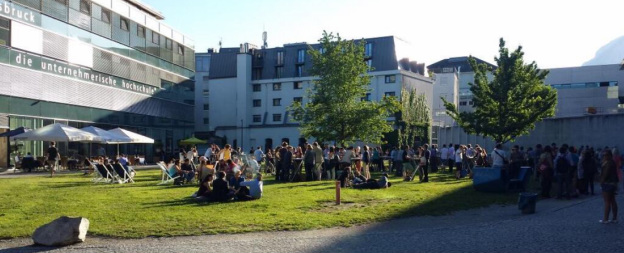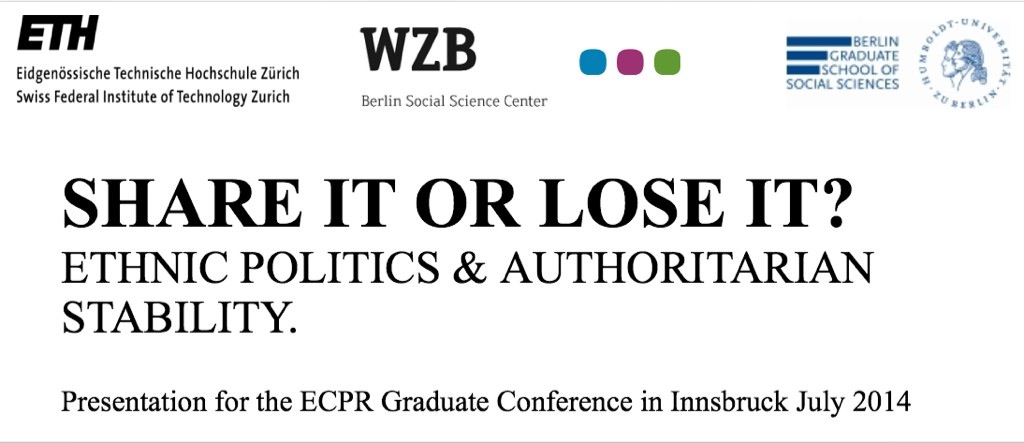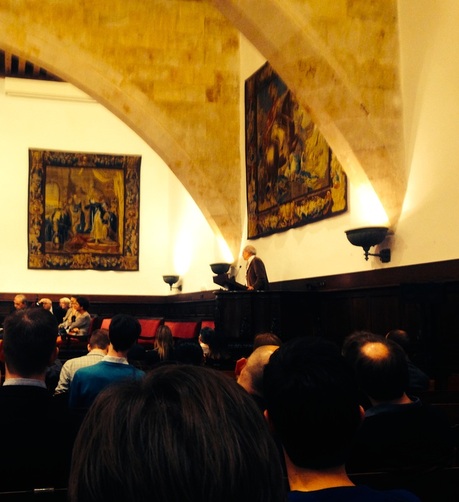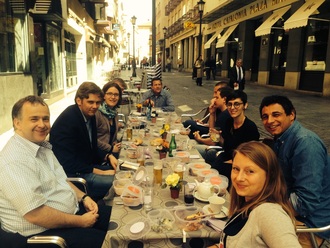The panel was titled: "Cultural diversity as a hindering or supporting factor for regime change and stability" unfortunately the two other papers presented in this panel were not really focussing on authoritarian or regime stability but simply on case studies of ethnically heterogenious countries and the degree to which this heterogeneity has been accounted for in the politics of those countries. Or in how far there has been a pattern of inclusion or exclusion over recent decades. Therefore our paper was the only one with a particular focus on an impact of inclusion or exclusion along ethnic lines on regime stability. Nevertheless we received constructive feedback from the conveners and other participants of the panel.
In general the ECPR Graduate conference is a good way for getting a feeling of how bigger political science conferences work and to get first experiences in presenting your own work, discussing and commenting papers or chairing panels. To be honest the overall quality of the panels I visitied was rather moderate. I could not gain as much from most of the presented papers. This might also just be my subjective experience at the Graduate Conference thoug. If you have already been to conferences or presented your work in workshops or collouquia I think the best way to get forward as a PhD student is to present at conferences were actually also other -more senior- people besides your peer PhD students are presenting, discussing and listening.
This is not to say that I have not met nice and interesting people in Innsbruck but lets just say the networking possibilities and learning opportunities are obviously a bit limited due to the fact that all other particiants are also just in their PhD or even still graduate students in their Masters.
The organization of the event was great and ECPR did a good job. In addition the venue at the University of Innsbruck was simply amazing.





 RSS Feed
RSS Feed
